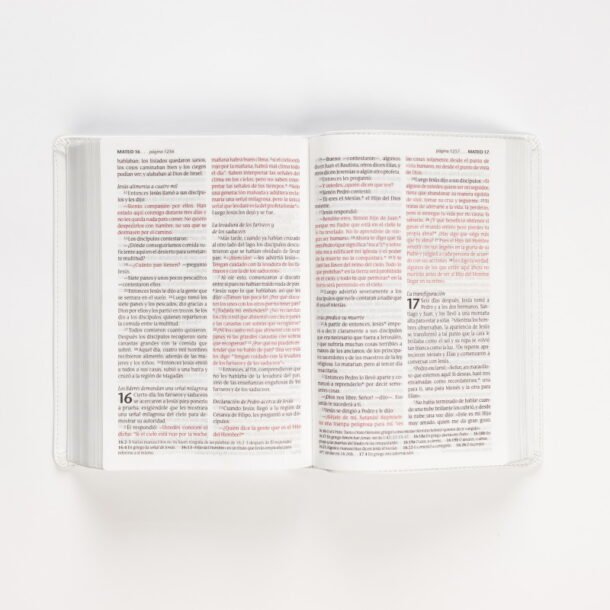Hello, truth-seekers and bibliophiles! Today, we’re venturing into a topic that’s as intriguing as the Garden of Eden and as complex as the Book of Revelation—the literary landscape of the Bible. Is it fact? Is it fiction? Or is it a blend of both? Let’s embark on this enlightening journey to navigate the biblical text in search of truth.
The Bible: A Mosaic of Genres
Before we dive into the question of fact or fiction, it’s essential to recognize that the Bible is not a monolithic book but a compilation of various genres.
Poetry, History, and Prophecy
The Bible contains poetry (Psalms), history (Kings and Chronicles), prophecy (Isaiah, Revelation), and much more. Understanding the genre helps us better interpret the text.
The Parables: Fictional but Truthful
Jesus often used parables—fictional stories—to convey spiritual truths. While not factual accounts, they are designed to communicate deeper realities.
The Historical Books: Fact or Interpretation?
The Bible contains books that are considered historical, but how should we approach them? Is the Bible real?
Context is Key
Historical accounts in the Bible often come with cultural and theological contexts. For example, the Exodus story is not just a historical account but also a theological narrative about liberation.
The Role of Archaeology
Archaeological findings can sometimes affirm, question, or remain neutral about biblical accounts. The relationship between archaeology and the Bible is complex but insightful.
The Prophetic Books: Literal or Symbolic?
The prophetic books in the Bible, like Isaiah and Revelation, often use symbolic language.
Apocalyptic Literature
Books like Daniel and Revelation use apocalyptic language, filled with symbolism. While they discuss future events, the language is not always meant to be taken literally.
The Essence of Prophecy
Prophecy in the Bible often serves to convey a message from God rather than to predict specific future events. The focus is more on the message than the medium.
The Gospels: Eyewitness Accounts or Theological Narratives?
The Gospels present the life and teachings of Jesus but do so through different lenses. Is the Bible Reliable?
Multiple Perspectives
Each Gospel writer had a specific audience and theological emphasis, affecting how events were portrayed.

The Quest for the Historical Jesus
Scholars often sift through the Gospels to separate the „historical Jesus” from the „Christ of faith.” While this is a subject of ongoing debate, both perspectives offer valuable insights.
What Does This Mean for Us?
The Importance of Hermeneutics
Hermeneutics, the art and science of interpretation, is crucial when navigating the Bible’s literary landscape. Understanding the context, genre, and purpose of each book aids in a more accurate interpretation.
The Quest for Truth
Whether viewed as fact, fiction, or a blend of both, the Bible serves as a guide in the quest for spiritual, moral, and existential truth.
Conclusion
The Bible’s literary landscape is a rich tapestry of genres, styles, and messages. While the line between fact and fiction may sometimes seem blurred, the quest for truth remains a constant. So, whether you’re a skeptic, a believer, or somewhere in between, the Bible offers a complex but rewarding journey through the realms of history, prophecy, poetry, and beyond, all in the pursuit of truth.

